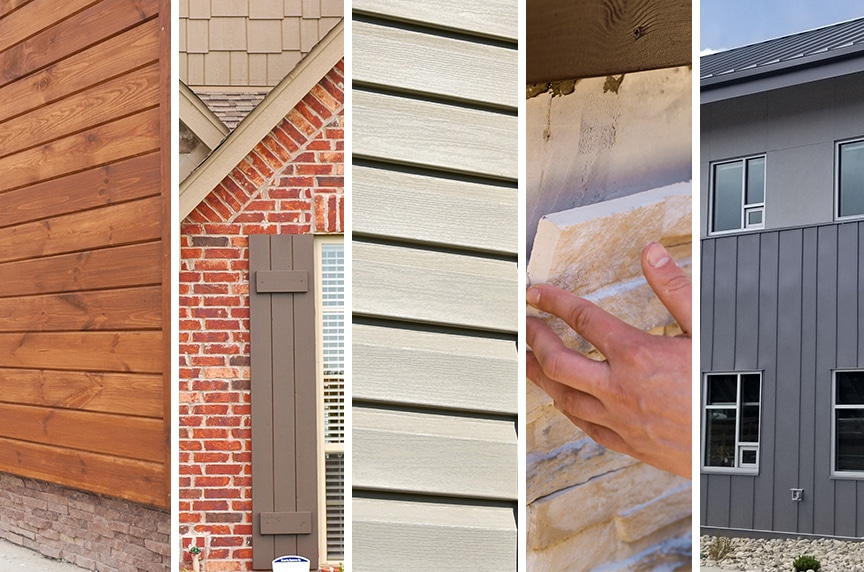
When it comes to building materials, two of the most commonly used are drywall and concrete. Both have their advantages and disadvantages, and choosing between the two can be a difficult decision. In this article, we will compare the two materials in terms of their strength, durability, cost, and ease of installation.
Strength and Durability
Concrete is known for its strength and durability, making it a popular choice for building foundations, walls, and floors. It can withstand heavy loads and is resistant to fire, water, and pests. However, concrete is prone to cracking and can be difficult to repair.
Drywall, on the other hand, is not as strong as concrete but is still durable enough for most applications. It is resistant to fire and can be treated to resist moisture and mold. Drywall is also easier to repair than concrete, as damaged sections can be easily replaced.
Cost
Concrete is generally more expensive than drywall, as it requires more materials and labor to install. However, it is also more durable and can last for decades without needing to be replaced. Drywall is cheaper to install but may need to be replaced more frequently, especially in areas with high humidity or moisture.
Ease of Installation
Concrete is a difficult material to work with and requires specialized equipment and skilled labor to install. It also takes longer to install than drywall, as it needs time to cure and dry. Drywall, on the other hand, is relatively easy to install and can be done by a skilled DIYer or a professional.
Conclusion
In conclusion, both drywall and concrete have their advantages and disadvantages, and the choice between the two depends on the specific needs of the project. Concrete is stronger and more durable but is more expensive and difficult to install. Drywall is cheaper and easier to install but may need to be replaced more frequently. Ultimately, the decision between the two comes down to factors such as budget, timeline, and the intended use of the building.
